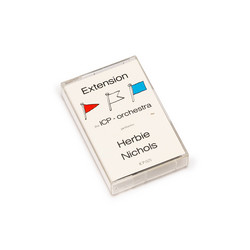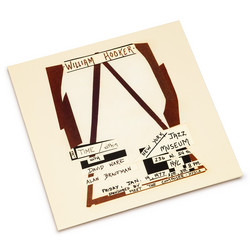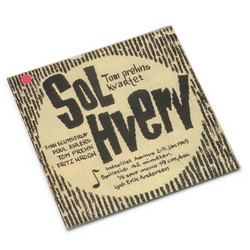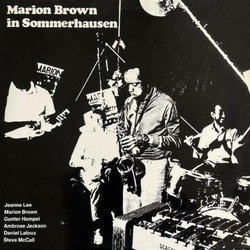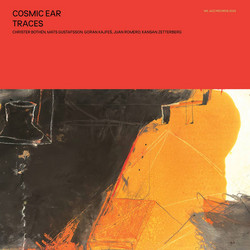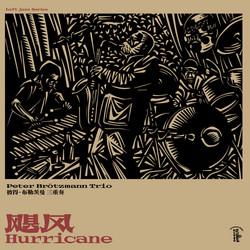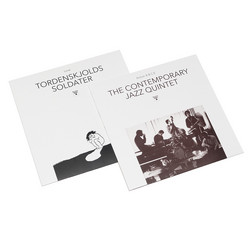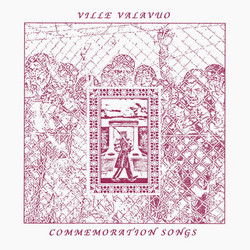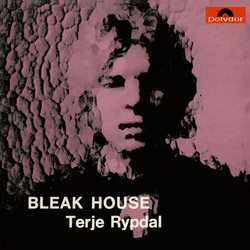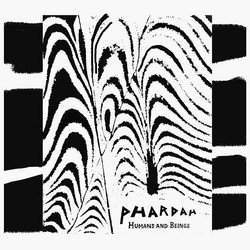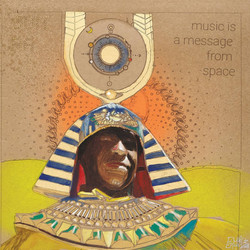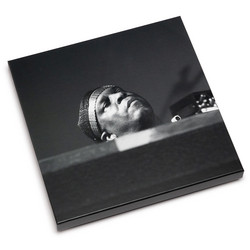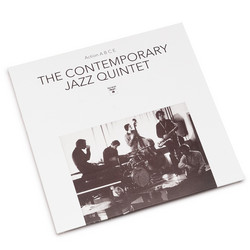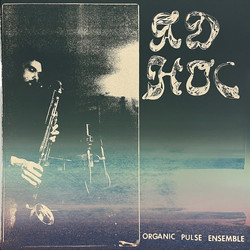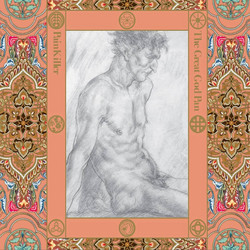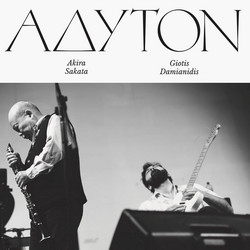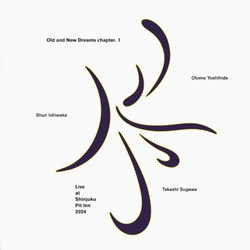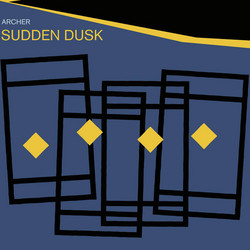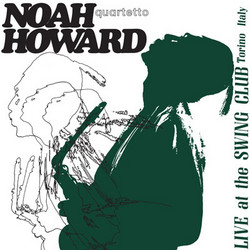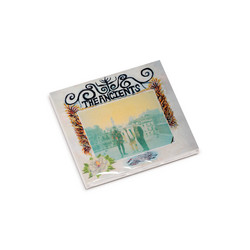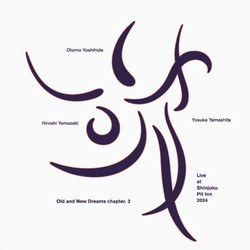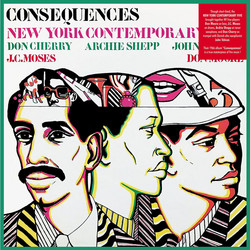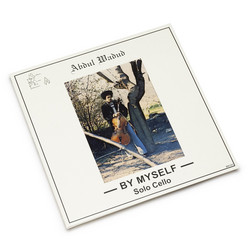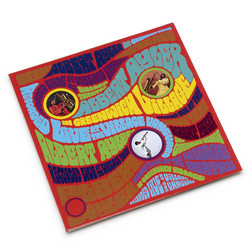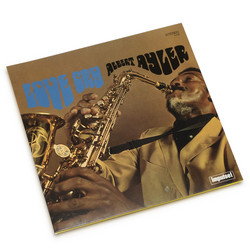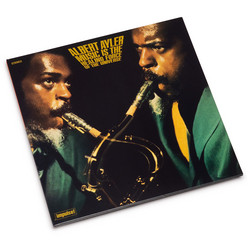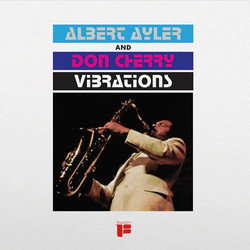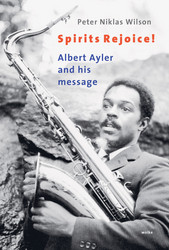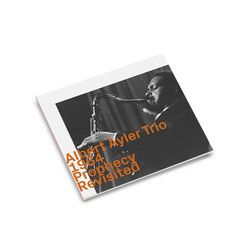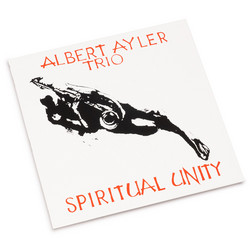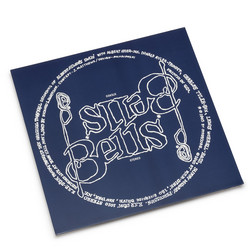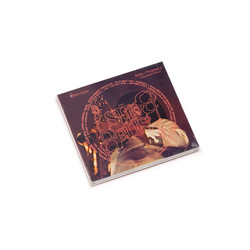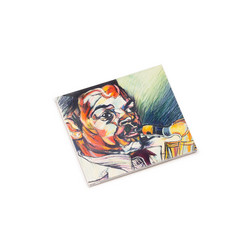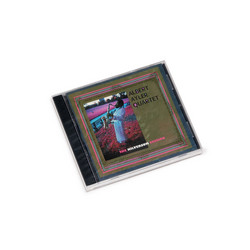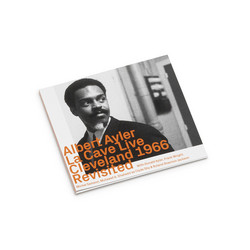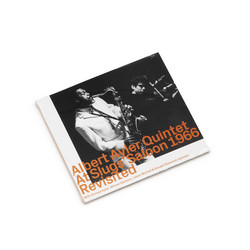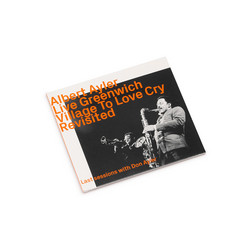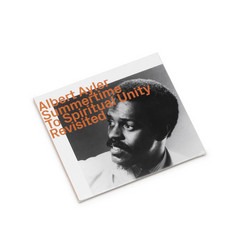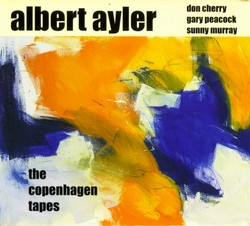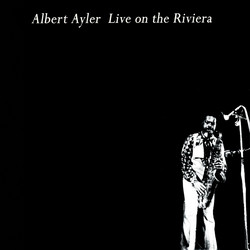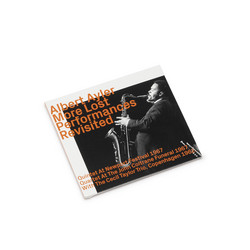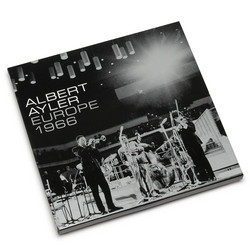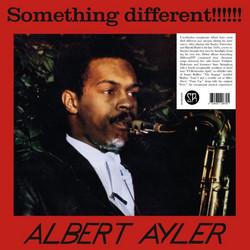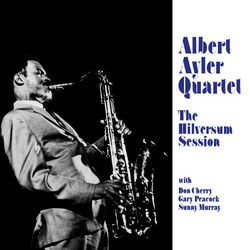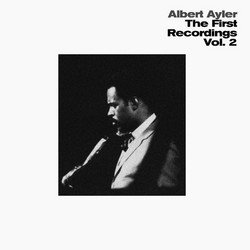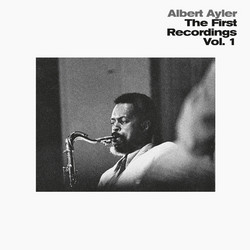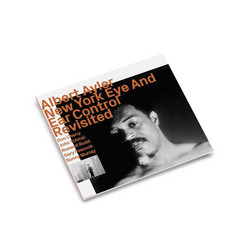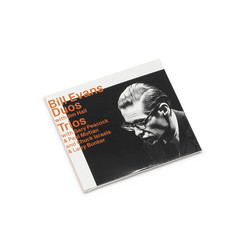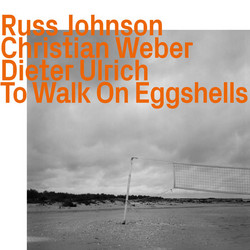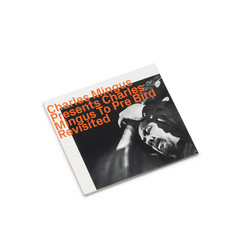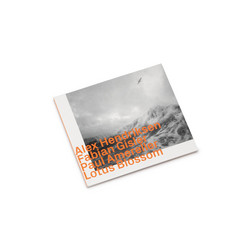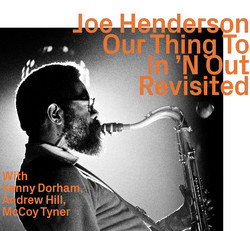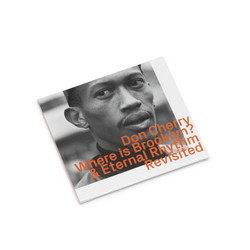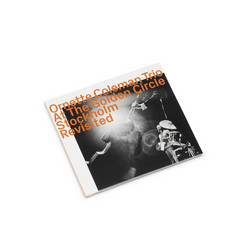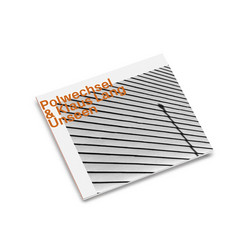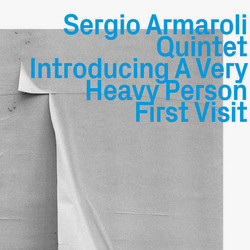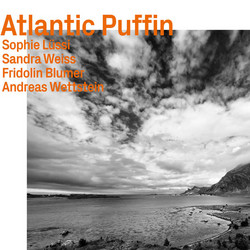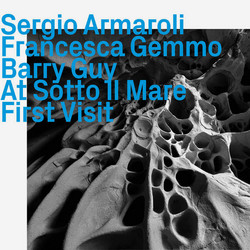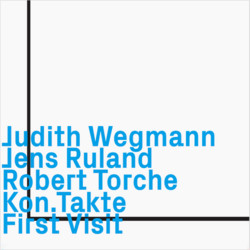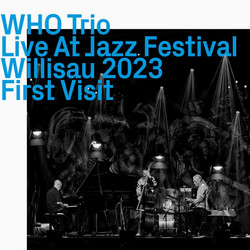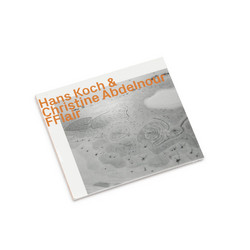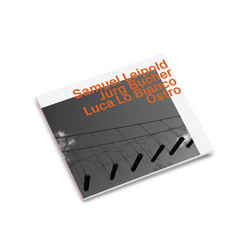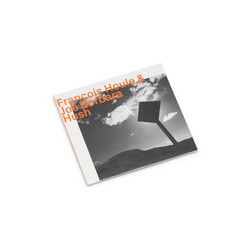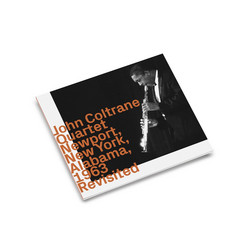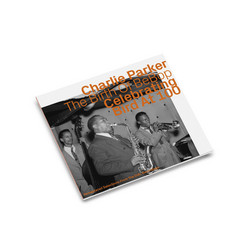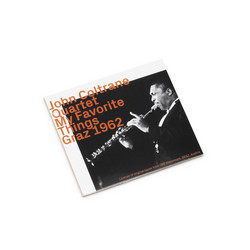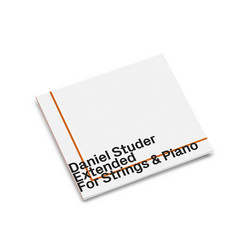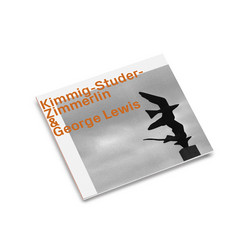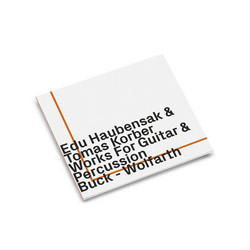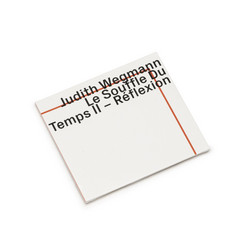Albert Ayler
Spirits Rejoice & Bells (Revisited)
Together, ‘Spirits Rejoice’ and ‘Bell’s encapsulate a four month period where long-gestating ideas of Ayler’s were birthed, helping to usher in a conception of music unlike virtually anything else extant, paving the way for his own adventures of the next several years and, perhaps more importantly, providing an extremely fertile bed for a generation or two of musicians to come. – Brian Olewnick
Albert Ayler’s recording career was a short one, spanning only the years 1962 – 1970, yet he went through several distinct phases and, of course, exerted a strong and still-lasting influence on subsequent music. In mid-1964, having sat in with Cecil Taylor and Ornette Coleman and having established a working trio with Gary Peacock and Sunny Murray, he reached an early creative peak when he melded his extreme, ecstatic and melodydrenched approach with some of the established luminaries of the avant-garde jazz scene in New York, including Don Cherry, Roswell Rudd and John Tchicai. In early 1965, while retaining Murray, he formed a new ensemble made up of largely younger, less exposed musicians. His brother Donald (trumpet), alto saxophonist Charles Tyler and bassist Lewis Worrell complete the quintet heard on ‘Bells’, recorded live at Town Hall on May 1, 1965 (heard here at the conclusion of the disc). This was Tyler’s first recorded performance and among the first by Donald Ayler and Worrell. The work is a kind of suite or, more accurately, a central thematic core bracketed by freer sections. At its onset, the collective improvisation bears a distinct resemblance to the opening sections heard on Ornette Coleman’s double quartet session, ‘Free Jazz’, recorded several years earlier. A rapid and spattering trumpet solo from Donald Ayler is followed by an impressively forceful one from Tyler. Beneath this, one can hear a device that Albert Ayler would use frequently: having the bassist play arco in a manner that suggests a kind of drone, albeit a queasy, disorienting one, an idea possibly picked up from Coltrane who talked about doing so with reference to drones in Indian music (Ayler’s intentions, clearly, would be more church-oriented). After a brief closing passage by the ensemble (which, again, sounds notably Coleman-esque), Ayler develops a very impassioned sequence, essentially solo, leading to the central thematic material of ‘Bells’. It’s classic Ayler, incorporating his affinity for marchlike passages but, to this listener, having to do more with an extended hymn approach, taking “simple” melodic forms, twisting and pushing them as far as he could, using the idea of speaking in tongues derived from the Pentecostal church but always having it embedded, somewhere, in song-form. The occasional counterpoint between Ayler’s eruptions and the restatement of the melody by trumpet and alto.
Is quite moving, as is the delicate intertwining head during the final two or three minutes, though the piece ends in the same conflagration with which it began, before a brief restatement of the theme. By the fall of 1965, Ayler had assembled a sextet with two bassists, Gary Peacock and Henry Grimes replacing Worrell, possibly modeled on the similar usage by Coltrane. The ‘Spirits Rejoice’ LP, originally issued by ESP, documents five pieces from a recording session (not a live concert) at Judson Hall in New York City. The title track is arguably Ayler in purest form, from the clarion, battle-charge evoking call of the horns to Ayler’s throaty, ferocious tenor in fine fettle. The rest of the ensemble is also stellar, including brother Donald’s blistering work and, as on ‘Bells’, one of the bassists (presumably Grimes) providing those haunting, eerie bowed lines, destabilizing the structure quite effectively. Not to mention Sunny Murray’s resolute refusal to keep standard time, having long since devoted himself to an entirely coloristic approach, almost becoming another horn. ‘Holy Family’ is succinct and almost catchy while ‘D.C.’ is an exercise in fragmentation, jaggedly lurching back and forth between a minimal theme and solos, the musicians finding their way to a fascinating and intricate interplay between basses and drums. In some sense the wild card of the set, ‘Angels’ adds harpsichordist Call Cobbs into the mix. The nimble, inevitably Baroque lines sound somewhat out of place at first but are quickly subsumed beneath Ayler’s enormous tone, especially heartfelt and poignant here, clearly presaging similar excursions into blues and gospel-drenched depths on the part of tenorists from Joe McPhee to David Murray and beyond. Everything leads up, however, to ‘Prophet’, Ayler’s furthest leap into free playing yet. After a nominal “theme” that consists of high yelps from the band, it’s all high-energy free playing, everything undergirded by Murray’s unique and perversely propulsive drums. Another intense two-bass/drum feature leads to a re-emergence of those yipping cries and a final explosive cacophonic outcry.
